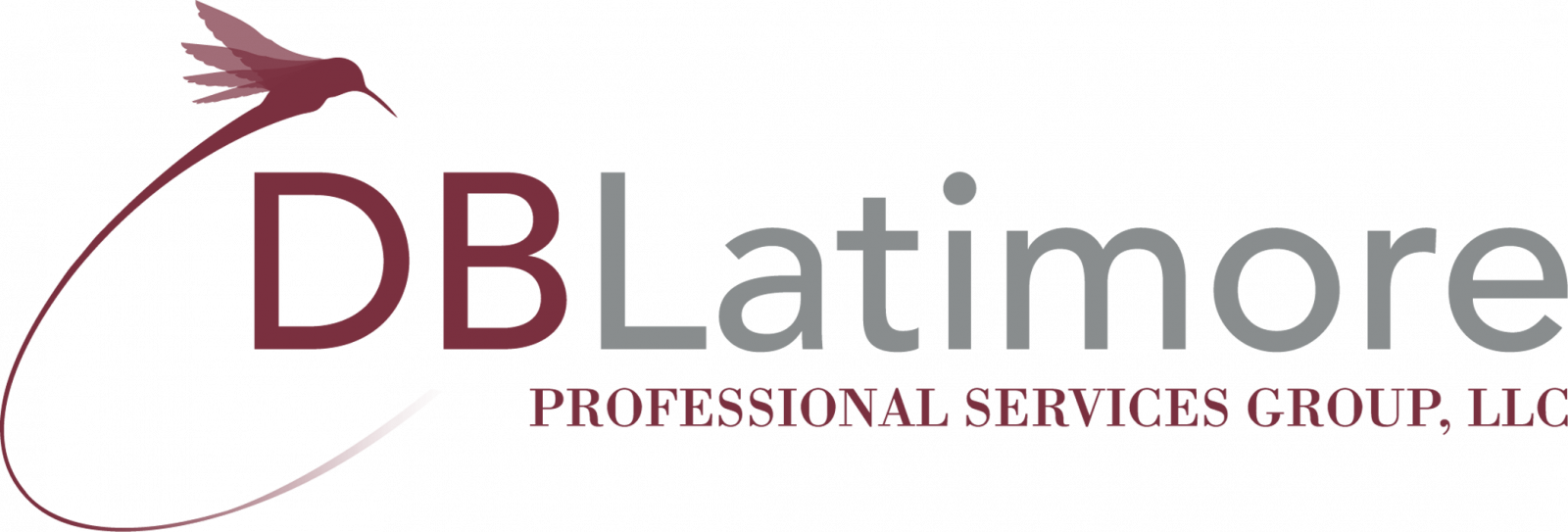“My candle burns at both ends/it will not last the night.” —Edna St. Vincent Millay
A senior manager recently found himself in a quandary. He had just received a project with a short deadline. He left his office in search of his go to guy, whom he knows would manage the project well and on time. As he started to the employee’s office, his secretary stopped him, knowing where he was going and suggested he delegate the project to someone else. She went on to explain to him that the employee he was seeking appeared to be “out of sorts” and that she suspected he was overwhelmed with projects and may be experiencing burnout. He acknowledged her concerns and continued to the employee’s office. Once he arrived and took one look at the employee, he knew that she might be right. Instead of assigning him the work, he suggested they have a walking meeting, and spent the 15 minutes checking in and listening.
He called me to discuss how he could possibly have missed the signs.
Burnout resists simple definition because it affects so many aspects of an individual’s life. In their book released in 1982, Beyond Burnout, authors David Welch, Donald Medeiros and George Tate, describe burnout as a condition that affects us physically, intellectually, emotionally, socially and spiritually.
In May of 2019 – the World Health Organization defined Burnout as “a syndrome conceptualized as resulting from chronic workplace stress that has not been successfully managed. It is characterized by three dimensions:
- feelings of energy depletion or exhaustion;
- increased mental distance from one’s job, or feelings of negativism or cynicism related to one’s job; and
- reduced professional efficacy.
There are a number of programs designed to help an employee prevent burnout, however my client’s question was “as a leader – what is my role?” First and foremost, it starts with Emotional Intelligence – specifically in the Social Awareness facet. However, as leaders we should also be aware of the symptoms of burnout.
- Physical symptoms of burnout include fatigue.
- Intellectually, there may be a loss of creativity and sharpness in problem solving; cynicism may replace enthusiasm.
- Emotionally, the loss of dreams and expectations can result in feelings of helplessness and depression.
- Socially, isolation overtakes feeling of involvement, and
- Spiritually, the person experiencing burnout may feel a lack of meaning or purposelessness to her life.
While burnout has not been defined as a medical diagnosis, it is classified as an occupational phenomenon, which without prevention or intervention may manifest by impacting health and well-being.
As leaders, we should create and promote an environment of well-being and when we recognize that an employee is showing signs of “Burnout” we should encourage the employ preventive strategies which include: Self-Management, Stress Management, Support Systems, Skill Building and Work Life Integration.
In closing, I invite you or members of your team to join us in the Renew you – Beat the Burnout Six-week on-line challenge, designed to refresh and apply techniques to promote total well-being. Learn more and register on our challenge page.
Daphne B. Latimore is the founder and Managing Partner of D.B. Latimore Professional Services Group, LLC a boutique firm specializing in Human Resource Management, Professional Coaching Services and Workforce Seminars.
Daphne has over 25 years of strategic and operational experience in both the private and public sectors. As a career HR Strategist, Executive and Leadership Coach, skilled Facilitator and Trainer, and HR consultant, Daphne specializes in establishing sustainable workforce productivity programs through the development of leaders at all levels.



